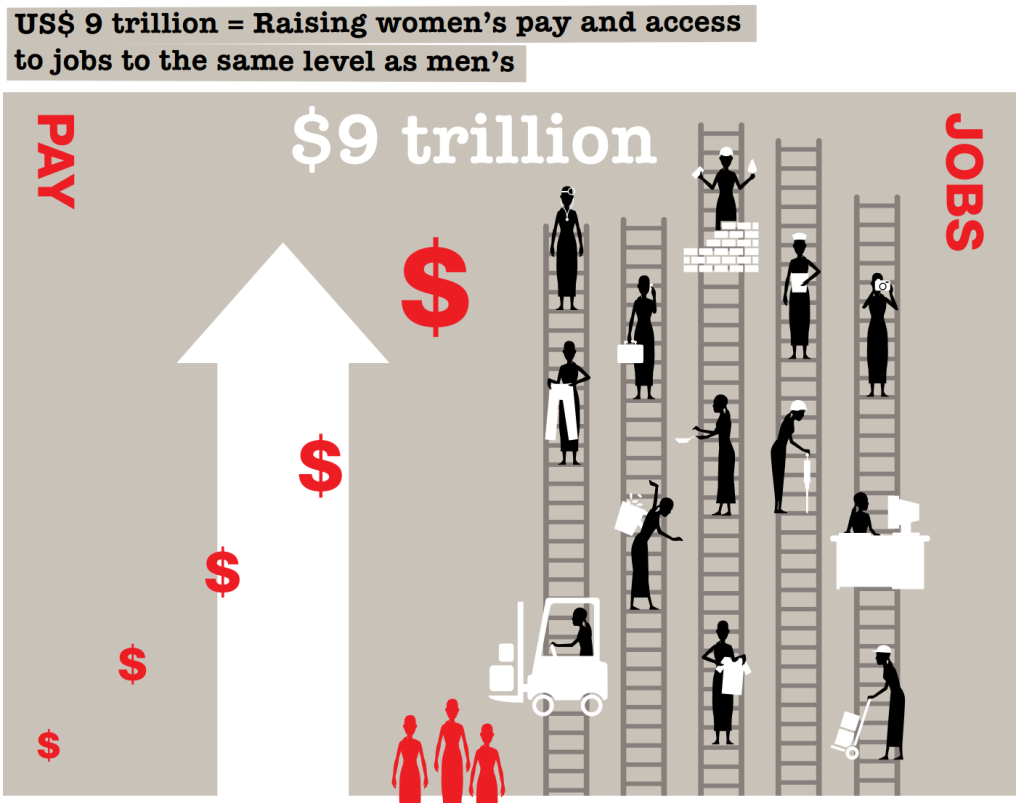The inquest of Connor Sparrowhawk (LB) has closed, with a unanimous jury finding: Connor’s death, as a result of drowning following a seizure in the bath while in a Southern Health treatment and assessment unit, was contributed to by neglect.
Much more will be heard of the specific failings on the unit, and in particular of the management of Southern Health. So this is far from the end of the road. But it is an important step towards #JusticeforLB – the extraordinary grassroots campaign that has grown up around Connor’s family, Sara and Richard, GeorgeJulian and many others.
The consistent and persistent uncounting of people living with learning disabilities is a part of, and a reflection of, one of the greatest systemic injustices internationally.
But those statistics, and more often their absence, don’t transmit the full picture. A few of the specifics of Southern Health’s approach, as revealed at the inquest, are worth drawing out.
These are in addition to the documented failures to gather information about Connor, including from his family – such as the history of his epilepsy – and to ensure appropriate training for staff around important aspects of their job – such as epilepsy. [This was a highly costly, specialist unit for people with learning disabilities. One in five people with learning disabilities have epilepsy. One. In five.]
Withholding information
Repeatedly over the course of events, Southern Health ‘found’ new information that should have been provided to Connor’s family previously. Including sending new information unexpectedly, by courier, in the week before the inquest. This, more than two years after Connor’s death, and after numerous internal and independent reviews.
At best, the implication is a quite exceptional incompetence in the treatment of vital information about people in their care.
In addition, it was only during the inquest that it came to light that a patient had died on the same unit in 2006 – after, almost unbelievably, an epileptic seizure in the bath.
Connor’s family, between their own professional expertise and the network of support, including a largely pro bono legal team led by a QC, have probably got as close to making the inquest a ‘fair fight’ as anyone ever does. One wonders what happened in the 2006 case. Which leads us to…
Adversarial approach
The UK government’s attempts to deny legal aid to bereaved families – which have been found in breach of human rights law – rest on the idea that such processes are not adversarial.
Connor’s inquest demonstrated beyond any possible doubt the falsity of such a claim. Not only was Southern Health (aggressively) represented, and from the public purse, so too were multiple members of the unit’s then staff, each individually.
The full timeline of @LBinquest is hugely revealing, but the arguments over what directions the coroner could give the jury were especially so. Southern Health’s legal team sought a set of directions to make it less likely the jury could return a verdict on neglect – including by arguing for a dictionary rather than a legal definition, which is an interesting court approach to say the least. The family’s QC, Paul Bowen, told the coroner:
Not adversarial? What happens when the family don’t have a QC to respond?
The last word – for now
In September, the United Nations made the commitment to the Sustainable Development Goals (SDGs), which provide a set of targets for human progress for 2016-2030, and importantly apply to every country of the world.
The SDGs include a requirement to disaggregate main progress indicators according to a range of salient inequalities – including those related to disability. Given that the UK’s prime minister co-chaired the high level panel that first made that proposal, let’s hope that the UK will lead the way by finally delivering on the recommendations of the government’s own inquiry on the need for much better data in relation to people living with learning disabilities. And then the rest…
Over to Connor’s family (and please read the full inquest response from JusticeforLB):
Two years and 7 months ago, our gentle, quirky, hilarious and beyond loved son (brother, grandson, nephew, cousin) was admitted to a short term assessment and treatment unit, STATT, run by Southern Health NHS Foundation Trust. Connor, also known as Laughing Boy or LB, loved buses, Eddie Stobart, watching the Mighty Boosh, lying in the sunshine and eating cake. He was 18 years old.
The care Connor received in the STATT unit was of an unacceptable standard. The introduction of new medication led to increasing seizure activity on the unit, a fact denied by the consultant psychiatrist for reasons only known to her. Connor was allowed to bathe unsupervised and drowned, 107 days later.
Connor’s death was fully preventable. Over the past two weeks we have heard some harrowing accounts of the care provided to Connor. We have also heard some heartfelt apologies and some staff taking responsibility for their actions for which we are grateful. During the inquest, eight legal teams (seven of whom we understand are publicly funded) have examined what happened in minute detail. We have had to fundraise for our legal representation.
Since Connor’s death, Southern Health NHS Foundation Trust have consistently tried to duck responsibility, focusing more on their reputation than the intense pain and distress they caused (and continue to cause us). It has been a long and tortuous battle to get this far and even during the inquest, the Trust continued to disclose new information, including the death of another patient in the same bath in 2006. Families should not have to fight for justice and accountability from the NHS.
We would like to thank everyone who has supported the campaign for JusticeforLB, and hope that the spotlight that has been shone onto the careless and inhumane treatment of learning disabled people leads to actual (and not just relentlessly talked about) change. It is too late for our beautiful boy but the treatment of learning disabled people more widely should be a matter of national concern.


